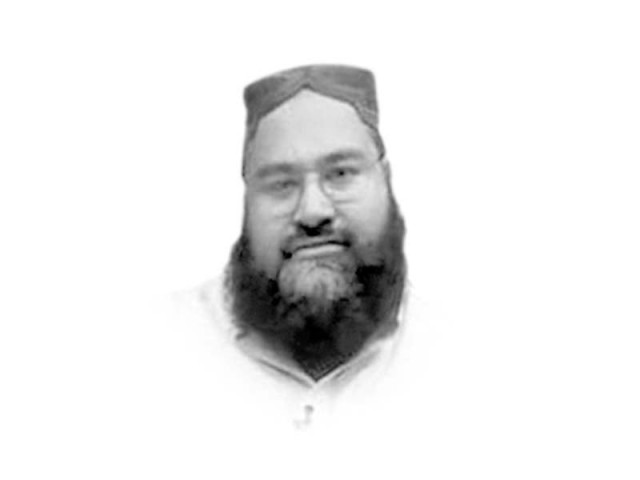Misuse of the blasphemy law
No other religion in the world is as fair as Islam to people of other faiths.

Misuse of the blasphemy law
The case of Rimsha, a minor Christian girl suffering from Down’s syndrome accused of blasphemy, should be a watershed for the country’s blasphemy laws. The fact that Rimsha’s entire neighbourhood has fled their homes fearing a backlash from the local Muslims needs investigation. Khalid Jadoon Chishti, who eyewitnesses told the local police had added pages of the Holy Quran to a bag containing the burnt material, should be thoroughly probed as well.
Humanity forms the basis of the principle of human dignity in Islam, whether the person is Muslim or non-Muslim.“And dispute you not with the People of the Scripture, except in the best way, unless it be with those who do wrong, but say, ‘We believe in the revelation which has come down to us and in that which came down to you; our God and your God is One; and it is to Him we submit (in Islam)’.” (Quran 21:46)
Muslims and non-Muslims have the right not to have their religious beliefs mocked. But no other religion in the world is as fair as Islam to people of other faiths. God has also forbidden Muslims from speaking ill of the gods and deities worshipped by non-Muslims. If the polytheists were to hear Muslims speak ill of their gods, it might lead them to speak ill of Allah. Also, if Muslims were to speak ill of pagan gods, it might instigate the polytheists to soothe their wounded feelings by hurting the feelings of Muslims. God says in the Holy Quran: “Do not revile those whom they call upon besides God, lest they revile God out of spite in their ignorance. Thus, We have made alluring to each people its own doings. In the end will they return to their Lord and He shall then tell them the truth of what they did.” (6:108)
Islam does not compel people of other faiths to convert. It has given them complete freedom to retain their own faith and not to be forced to embrace Islam. This freedom is documented in both the Holy Quran and the Sunnah. “If it had been your Lord’s will, they would all have believed — all of who are on earth! Will you then compel humankind, against their will, to believe?” (Quran 10:99)
At the time of the Holy Prophet (pbuh), Najran and its surrounding area, in the south of Arabia, was a Christian valley. A delegation of 60 people came to see the Holy Prophet (pbuh) in Madina. As their discussion with the Holy Prophet (pbuh) in the mosque took quite a long time, it was time for their evening prayer. As they prepared to pray, some of the Holy Prophet’s (pbuh) followers wanted to prevent them from doing so. The Holy Prophet (pbuh) ordered them to let them offer their prayers in his mosque (Masjid-e-Nabavi).
Not only does Islam give religious freedom to non-Muslims, its tolerant law extends to the preservation of their places of worship. Caliph Umar ibn al-Khattab (RA) signed a treaty with Monophysite Christian Patriarch Sophronius, assuring him that Jerusalem’s Christian holy places and population would be protected under Muslim rule. When led to pray at the Church of the Holy Sepulchre, the holiest site for Christians, the Caliph Umar (RA) refused to pray in the church so that Muslims would not request converting the church into a mosque. He prayed outside the church, where the Mosque of Umar stands to this day, opposite the entrance to the Church of the Holy Sepulchre.
The Holy Quran prescribes restraint and distancing from blasphemous persons or situations. The emphasis is on restraint. A study of the following verses should bear this out: “When ye hear the signs of Allah held in defiance and ridicule, ye are not to sit with them unless they turn to a different theme.” [Quran 4:140] And: “Hold to forgiveness, command what is right; but turn away from the ignorant.” [Quran 7:199]
Pakistan belongs as much to the non-Muslims as to the Muslims. Blasphemy laws are often used to settle personal vendettas. And so, we demand a thorough and fair probe into the case involving Rimsha. Strict action should be taken against all those accusing the girl if she is found innocent.
Published in The Express Tribune, September 4th, 2012.













COMMENTS
Comments are moderated and generally will be posted if they are on-topic and not abusive.
For more information, please see our Comments FAQ